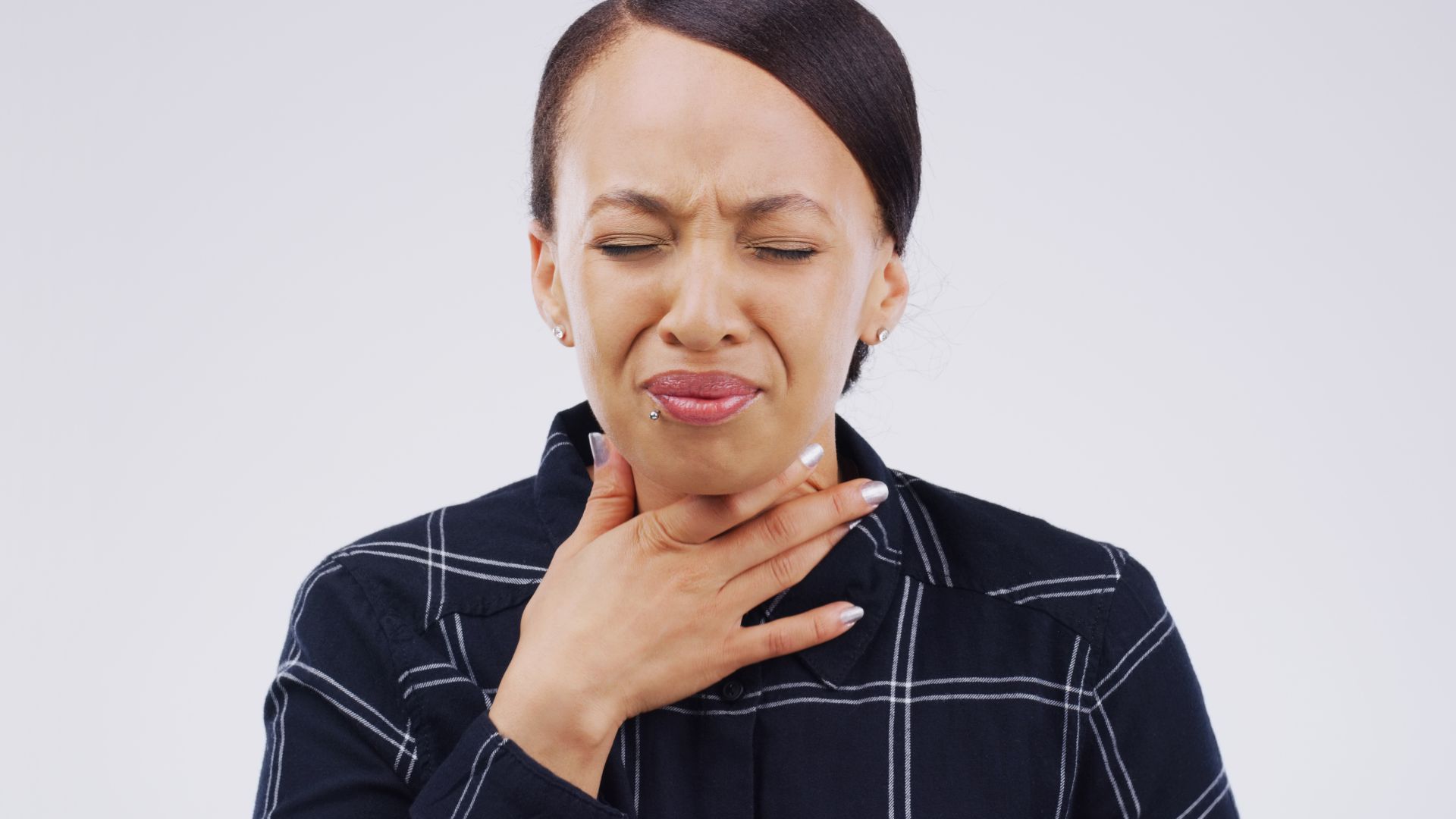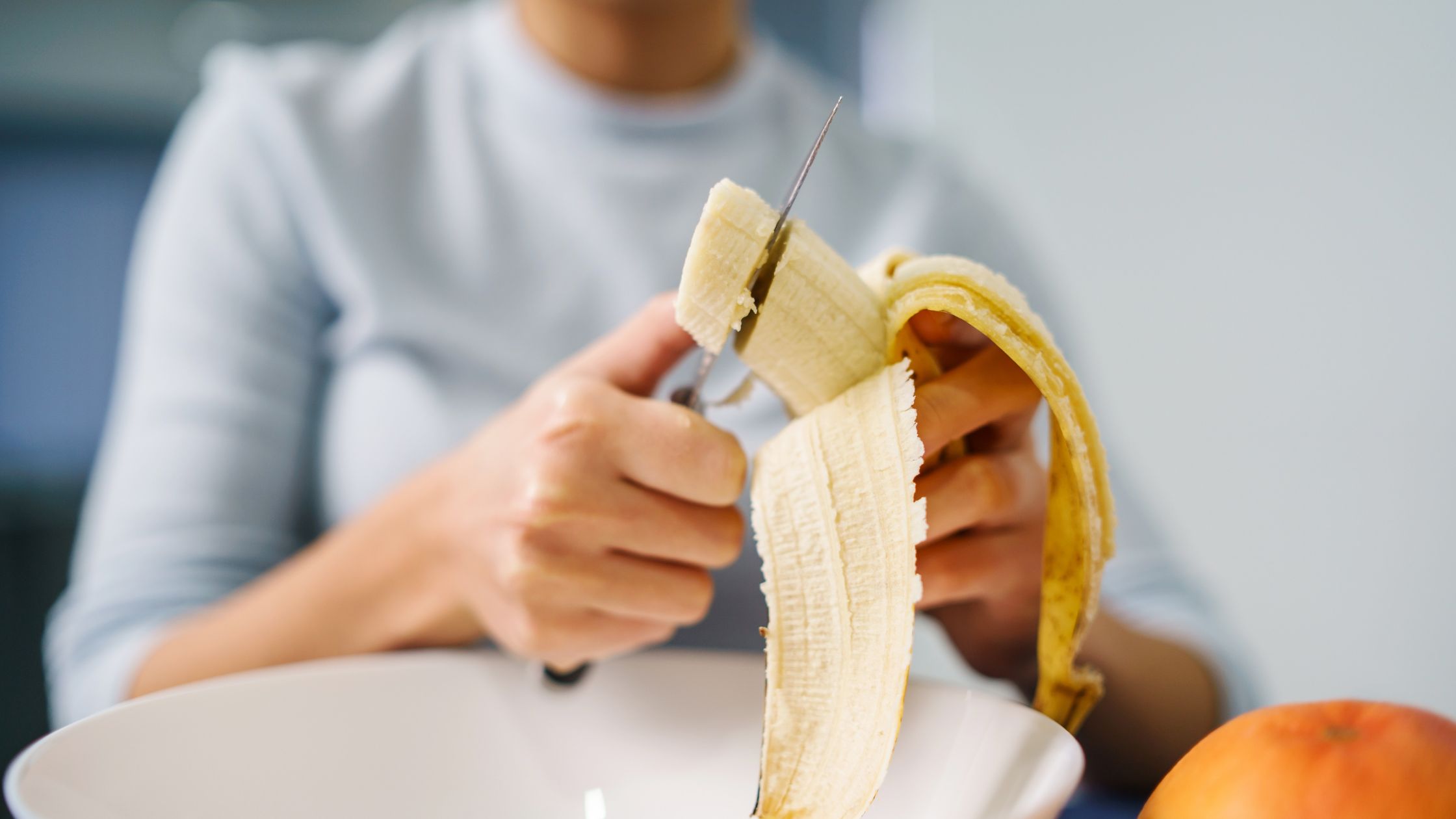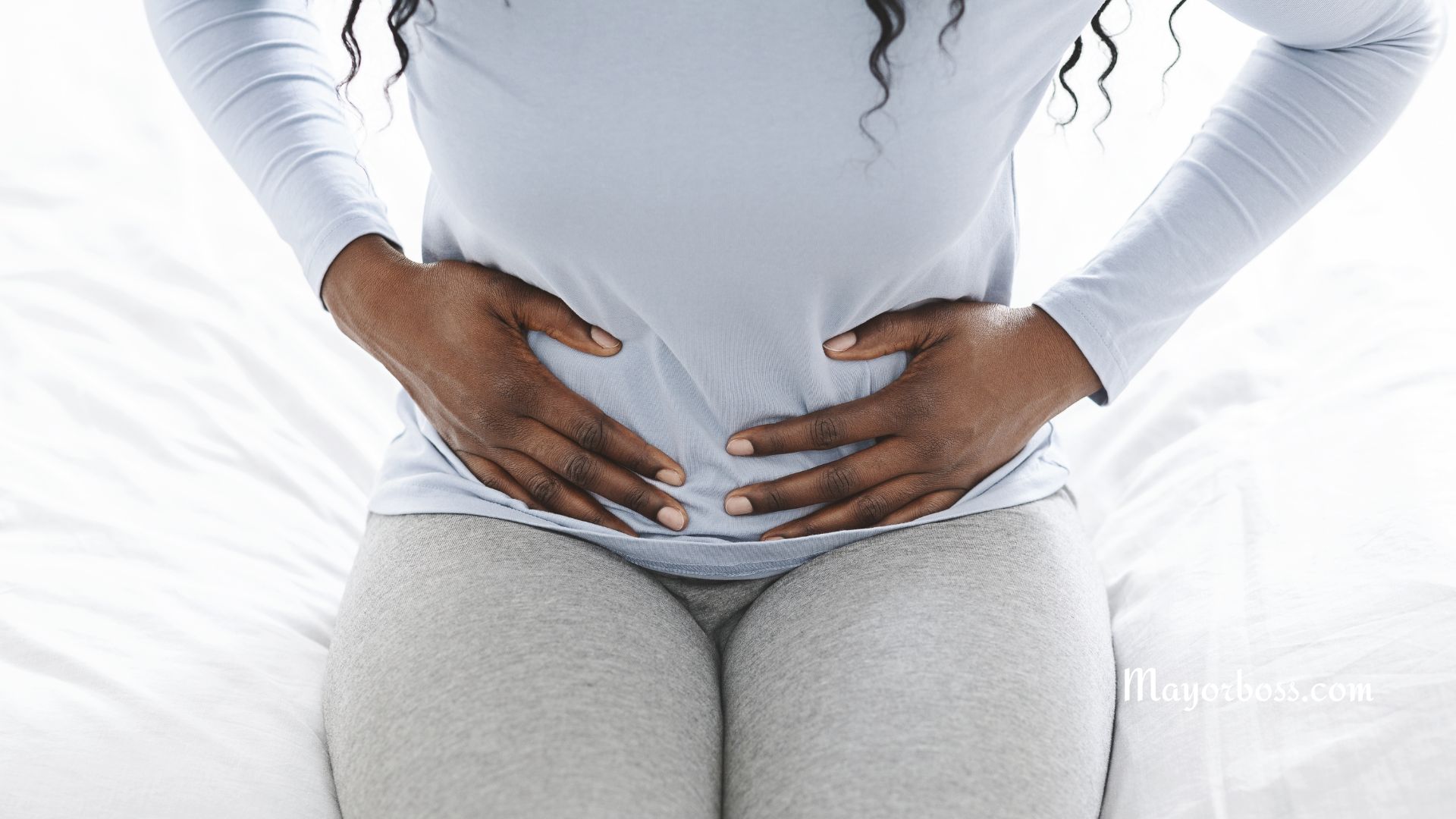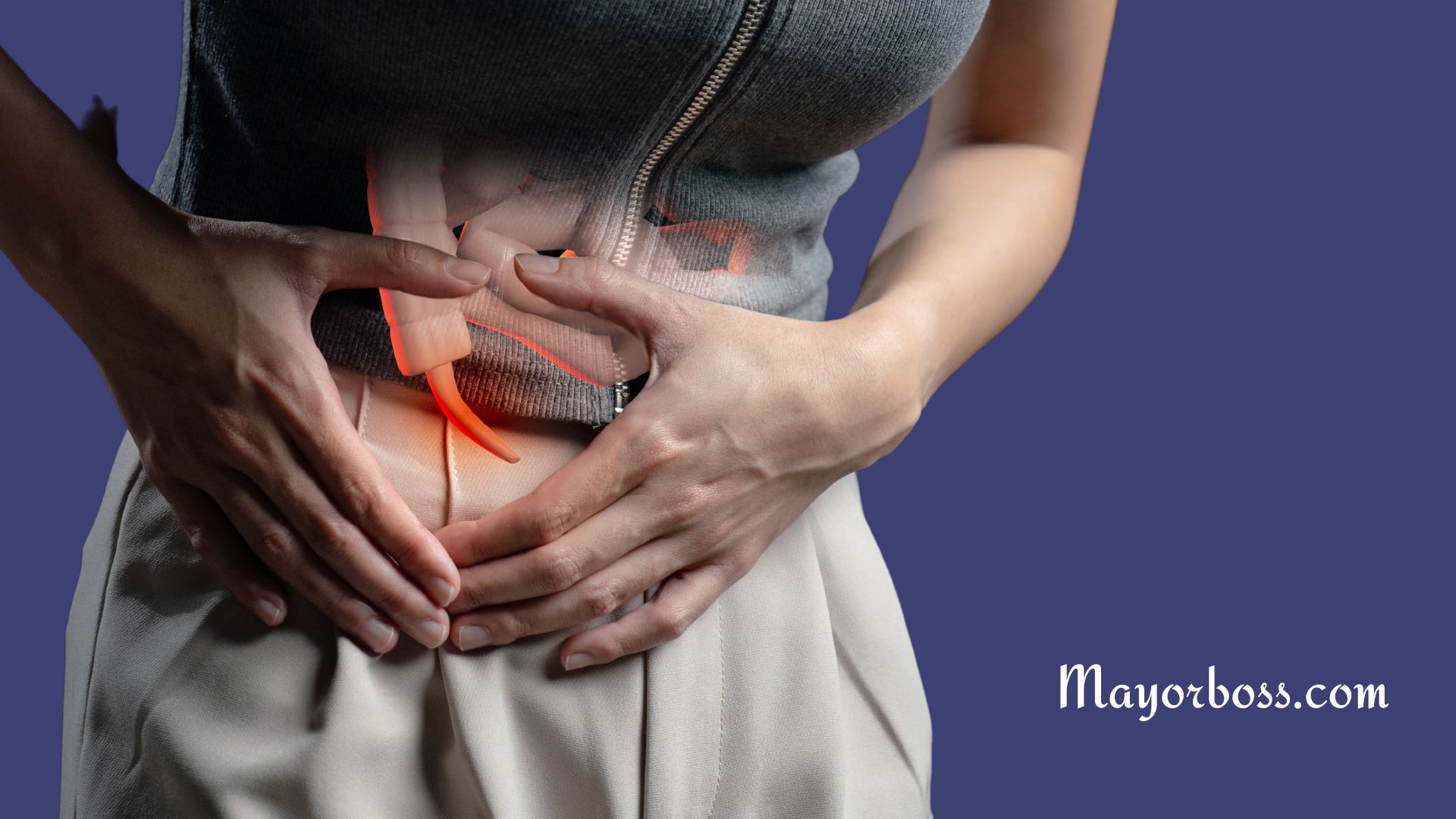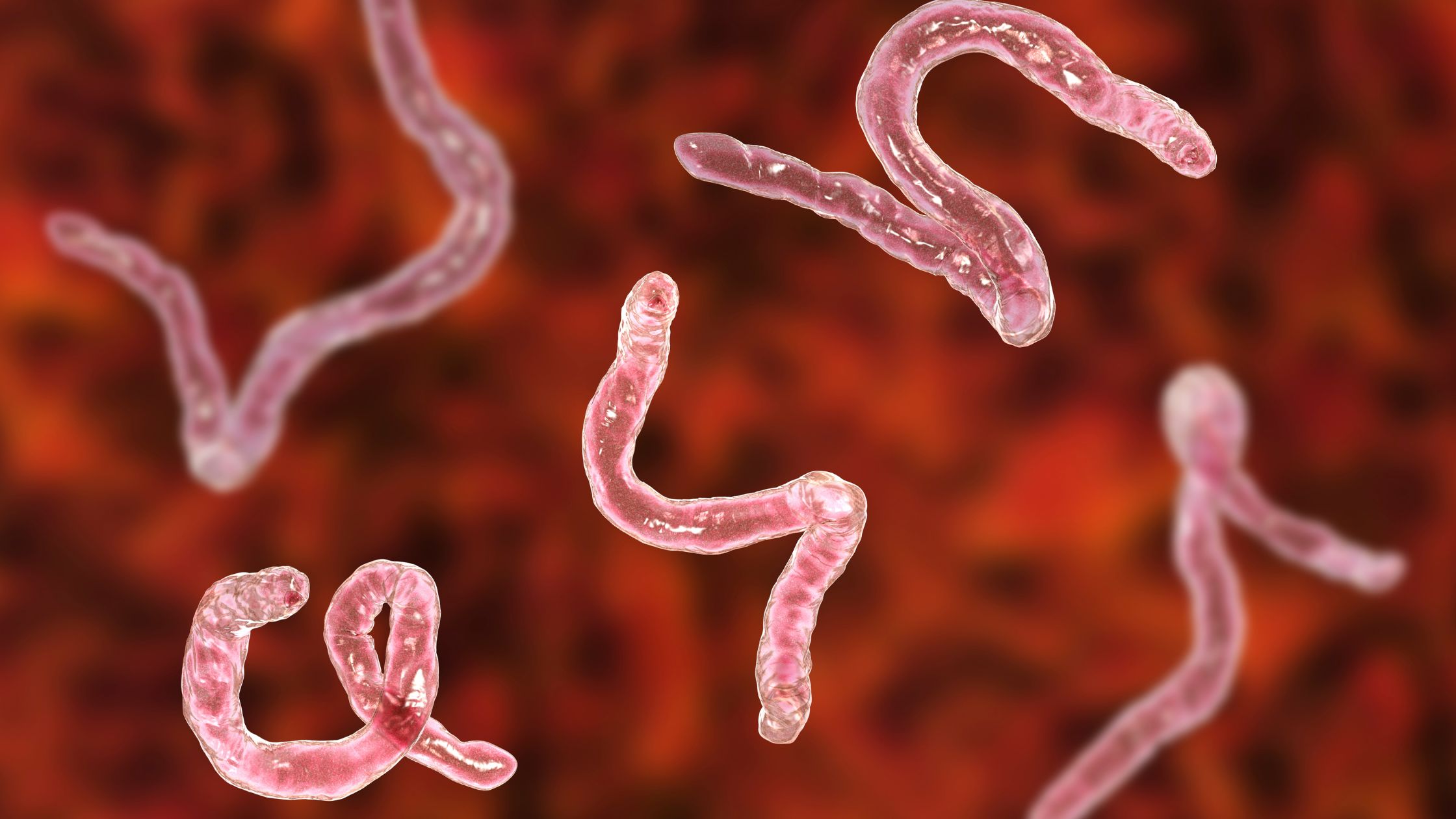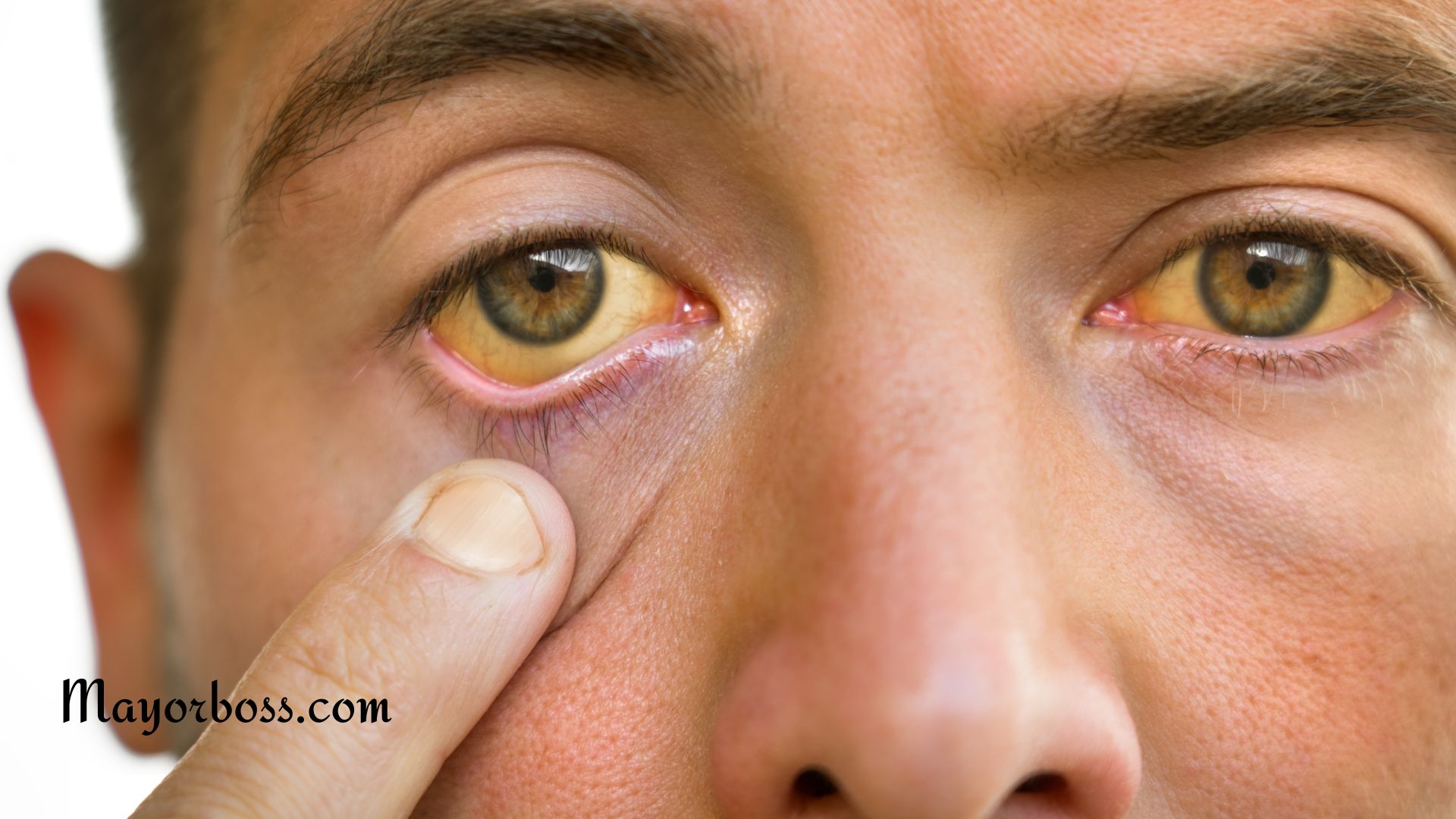6 Symptoms of Diverticulitis You Shouldn’t Ignore
Diverticulitis is a gastrointestinal disease where small pouches, known as diverticula, form in the walls of your colon and become inflamed or infected. While many people may have these pouches without experiencing any symptoms (a condition called diverticulosis), when they become inflamed, it can lead to painful and serious complications. If left untreated, diverticulitis can lead to infections or even require surgery. Below are six symptoms you shouldn’t ignore if you suspect diverticulitis.
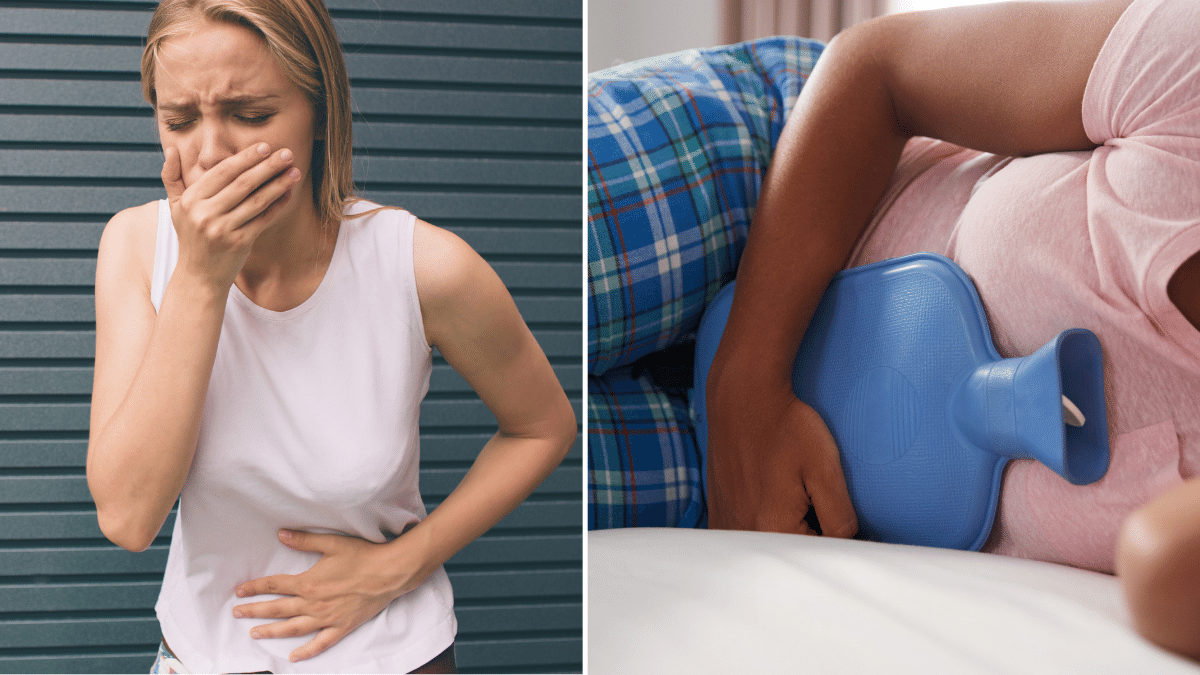
1. Abdominal Pain, Usually on the Lower Left Side, Can Be a Key Symptom
One of the most common symptoms of diverticulitis is persistent abdominal pain, particularly on the lower left side. This pain can range from mild discomfort to severe cramping. It typically starts gradually and can worsen over a few days. The discomfort often becomes more intense after eating or when you press on the affected area.
This pain happens because the diverticula (the small pouches) become inflamed or infected, causing irritation to the surrounding tissues. If this pain doesn’t go away or becomes more severe, you should seek medical attention.
2. Bloating and Gas Can Be Related to Diverticulitis
If you experience bloating, gas, or a feeling of fullness, these could be symptoms of diverticulitis. Inflammation in your colon can slow down digestion, consequently leading to a buildup of gas and bloating. These symptoms can feel similar to indigestion or other digestive issues, but if they persist and are accompanied by other symptoms, it may be a sign of diverticulitis.
3. Changes in Bowel Movements, Such as Constipation or Diarrhea, Might Occur
Diverticulitis can cause significant changes in your bowel habits. Some people may experience constipation, while others may have diarrhea. The inflammation caused by diverticulitis can disrupt the normal function of the colon, leading to irregular bowel movements. You may also notice that your stool is thinner or more frequent than usual.
If your bowel habits suddenly change and you experience pain along with it, it could be more than just a temporary issue and might signal diverticulitis.
4. Fever and Chills May Indicate an Infection
Diverticulitis can lead to fever and chills, especially if an infection develops. If your body temperature rises above 100°F (38°C) and you feel unusually cold, this can be a sign that the inflammation has turned into a bacterial infection. The fever indicates that your body is trying to fight off the infection, but this requires medical treatment to prevent it from spreading or becoming worse.
If you have a fever along with abdominal pain or other symptoms, see your doctor immediately, as untreated infections can lead to more serious complications like abscesses or perforations in the colon.
5. Nausea and Vomiting Could Happen if the Condition Worsens
Feeling nauseous or experiencing vomiting could be a sign that diverticulitis has worsened. When the inflammation becomes severe, it can block parts of your digestive tract, making it hard for food to pass through. This can lead to nausea, vomiting, and a general feeling of sickness. If you’re unable to keep food down or experience ongoing nausea, you should seek medical attention right away.
6. Blood in the Stool Could Be a Serious Sign of Diverticulitis
Seeing blood in your stool is a more serious symptom of diverticulitis and shouldn’t be ignored. This can happen when the inflamed pouches in your colon start to bleed. The blood may appear bright red or dark, depending on how far up the colon the bleeding is occurring.
If you notice blood in your stool, especially if it’s accompanied by pain, fever, or other symptoms, you should see a doctor as soon as possible. This could indicate a more severe form of diverticulitis, and prompt treatment is essential.
When to See a Doctor
Diverticulitis can range from mild to severe, but it’s important to take the symptoms seriously. If you experience any of the following, promptly contact your doctor:
- Persistent or worsening abdominal pain
- Fever over 100°F (38°C)
- Nausea and vomiting
- Blood in your stool
- Changes in bowel movements that last more than a few days
These symptoms can indicate that your diverticulitis is becoming more serious, potentially leading to complications like abscesses, perforations in the colon, or blockages. Early treatment can prevent the need for more aggressive interventions, like surgery.
Conclusion
Diverticulitis can be a painful and troubling ailment, but early detection and treatment can help you manage the symptoms effectively. If you experience any of the symptoms listed above, don’t wait – see your doctor to get the appropriate care. Managing your diet, avoiding stress, and staying active can also help reduce the chance of future flare-ups.

